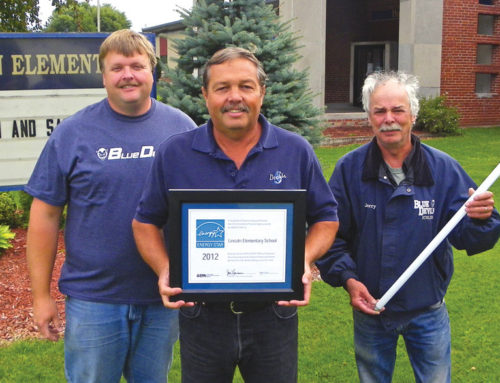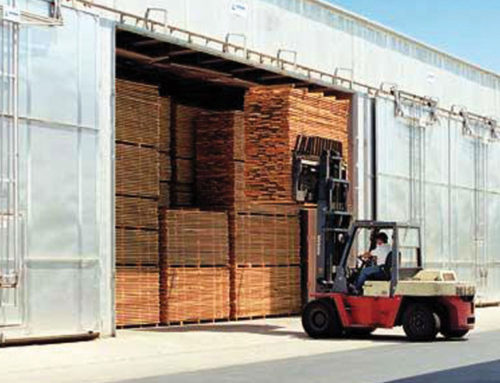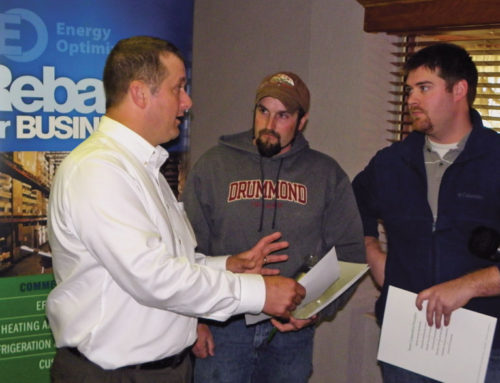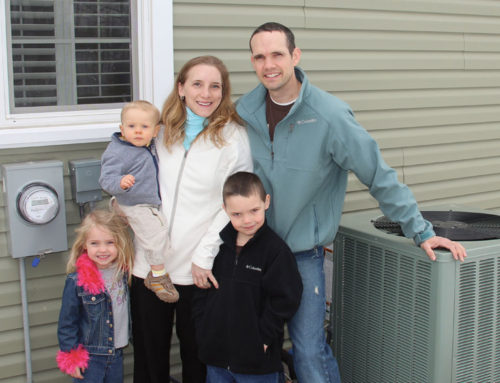I recently met with Lester and Carol*, HomeWorks members from Clinton County, to talk about their experience with geothermal heating and cooling. Their geothermal system was installed just over four years ago.
Lester and Carol were facing a bit of a dilemma. Their trusty fuel oil furnace was acting up after many years of service. As they weighed their options, they came across geothermal and met with a contractor their son recommended.
Lester was a little wary that the cost savings the contractor calculated would actually happen, but with winter on its way they had to do something. Their second-best option involved putting in a new propane furnace, and setting a tank. They decided to spend a little more in the hope of saving as much as the contractor had calculated for them.
Four years later, after comparing past fuel oil costs to their new geothermal system, they found their contractor’s calculations of savings and payback were spot-on. The payback period will be roughly five years (“payback” is the time it takes to recover, through energy savings, the added cost of the geothermal system over a new propane furnace.)
The last year Lester and Carol had fuel oil, it cost over $1,600 just to heat their home. With geothermal, and taking advantage of HomeWorks Tri-County’s dual fuel program the highest annual cost they have seen was just over $580. One very important thing to remember is that the geothermal cost is for both heating and cooling their home!
After hearing about these savings, I dug a little deeper to see if there were any downsides, like increased maintenance costs.
“It’s really simple,” Lester says. “We have scheduled maintenance every fall that costs around $90, money that is very well spent.” Lester and Carol vacuum out their filter every few months, and once a year give the filter a power wash.
What the couple likes most about the geothermal system, besides the money saved, is how clean, quiet and comfortable it is. “With our fuel oil furnace there was always the fuel smell, but with the geo it’s clean and safe, because no fossil fuels were used,” Carol says.
Lester and Carol take part in HomeWorks Tri-County’s dual fuel program, which gives them a 3 cent per kilowatt-hour discount when their geothermal system runs, in exchange for letting the co-op control the unit at peak usage times.
When I asked if they would have chosen geothermal without the HomeWorks discount, they were firm: “There is no doubt about it, the program could end, and if the geo unit went bad another one would go right back in its place,” Lester states.
Overall, Lester and Carol are very satisfied. Not only does the unit save on heating and cooling costs, but it is also plumbed-in to help save money on their hot water costs as well. With the average lifespan of a geothermal unit being about 24 years, Lester and Carol definitely feel they’ve made the right investment.




